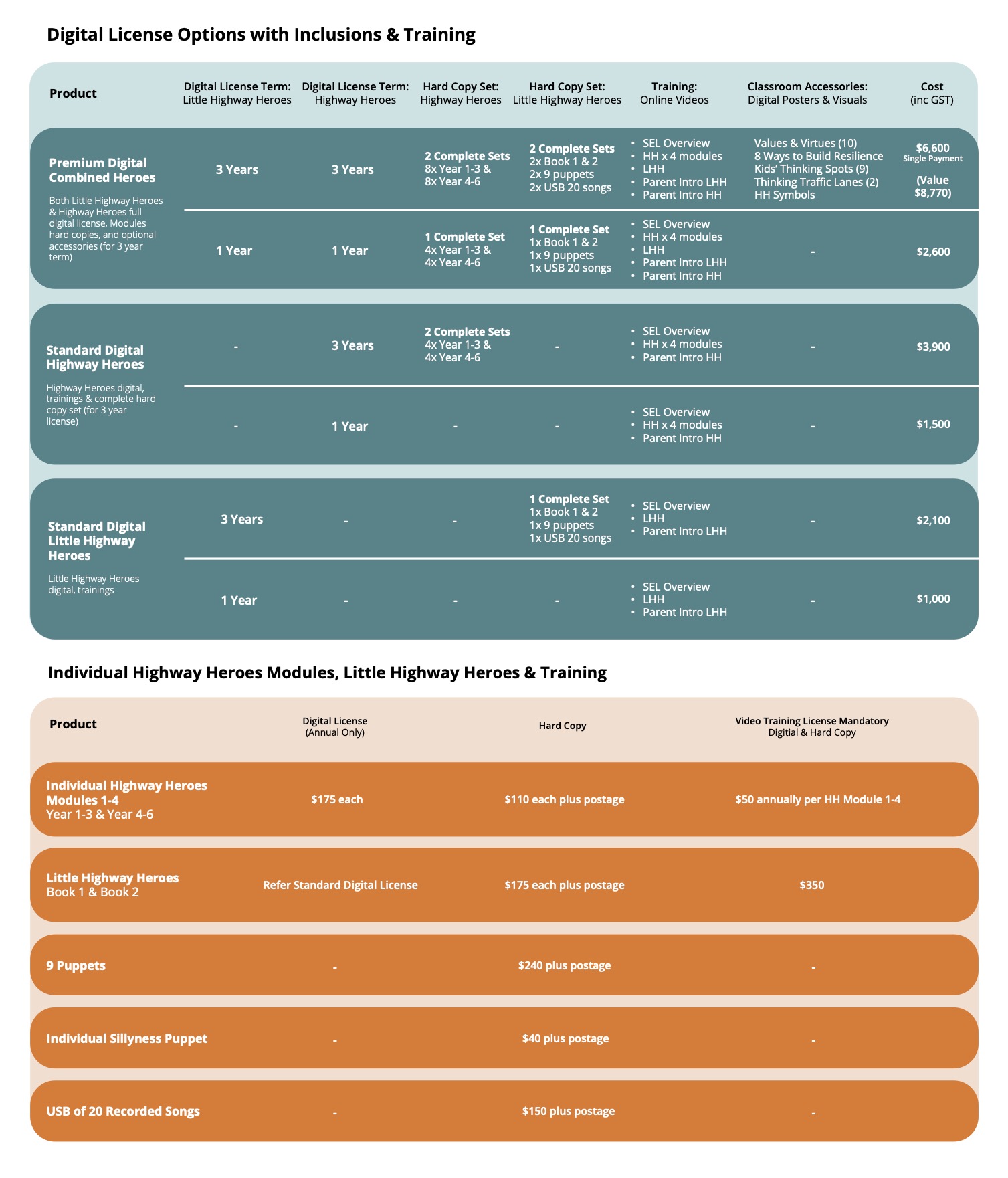Play is a fundamental aspect of developing skills for life – here’s just a few skills that children learn as they play – that become part of their life toolbox:
- Language skills
- Creativity and the ability to pretend
- Fine and gross motor skills
- Motor sequencing and planning
- Cognitive planning and problem solving
- Social skills – turn taking and getting along
- Resilience
- Confidence
- Persistence
- Relationship skills – building relationships, assessing relationships, repairing relationships
- Conflict resolution
- Negotiation
- Risk assessment and risk taking
These are all skills that we all use in our adult lives – some on a daily basis – and they all had their humble beginnings in play. In a rapidly changing world, children are experiencing less and less opportunities to play safely but in a way that really develops their social skills, their independence, their ability to take calculated risks – and sometimes fail. Because, sometimes it is the failing and the trying again that builds the core factors of persistence, resilience and confidence.
Let’s just explore the development and contribution of the relational aspects of play – a child’s social and emotional well-being. Those first experiences of building relationships are a fundamental part of a child’s sense of self worth and self esteem. Being able to navigate complicated social terrain is a necessary skill from the very first moment two tiny people reach for the same toy. In the hustle and bustle, give and take of play, children learn patterns of empathy and gratitude – fundamental to later positive social connection in the playground. It is a fallacy that children simply learn the prosocial aspect of play. Using eye contact, turn taking, listening to others, sharing, talking about common interests, warm body language and inviting words. Some children are natural and gifted social butterflies. Others are not and need specific and regular guidance about using and developing the skills to enable better social success and better inclusion in play.
It is the responsibility of every adult – parent, grandparent, aunty, uncle, teacher… involved with a child to help them along the road of developing themselves during play as it will form the basis of many of their interactions for life. A child who is never taught to be careful of younger children, may not sufficiently develop empathy and is at greater risk of engaging in bullying behaviours. A child who isn’t taught how to approach a group, say hello, use warm body language is at greater risk of exclusion and social isolation.
So, the simple act of play is actually highly important, has an essential function and needs to be encouraged in every child in every home and every classroom. Teaching children a set of TOOLS that improves their play outcomes in terms of relational aspects of play is essential to their future success – not just as a child, but as an adult too. If you would like to read more on developing the relational aspect of play, please do read our Kids and Parents Notebooks 4 Friendships and Kids and Parents Notebooks 4 Bullying and Teasing. These four little books help kids and parents to understand social complexities and develop a set of life TOOLS.
“Play gives children a chance to practice what they are learning.” Fred Rogers


